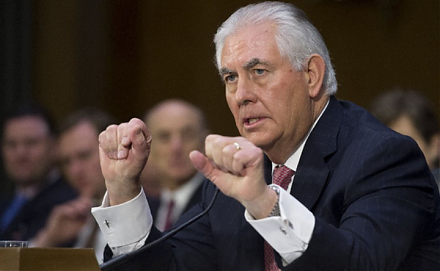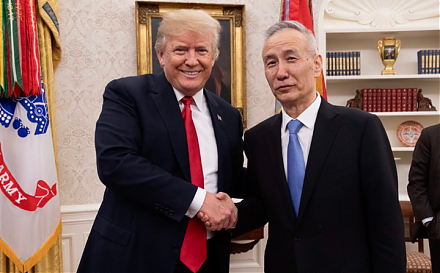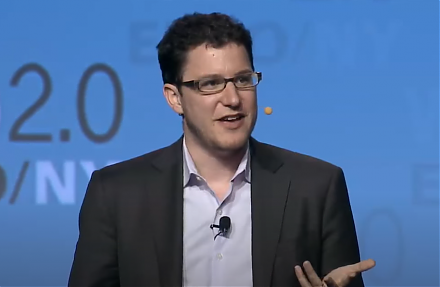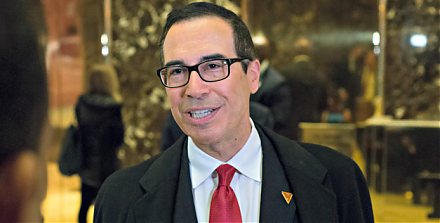

2018-01-17 05:30:00 Wed ET
technology antitrust competition bilateral trade free trade fair trade trade agreement trade surplus trade deficit multilateralism neoliberalism world trade organization regulation public utility current account compliance
European Union antitrust regulators impose a fine on Qualcomm for advancing its key exclusive microchip deal with Apple to block out rivals such as Intel and TSMC. The European Commission takes into account Qualcomm's multi-year dominance in the LTE microchip market with rapid mobile broadband connections. In recent times, Qualcomm attempts to force Apple and its Asian upstream suppliers to use its trademark microchips exclusively in return for lower licensing fees.
Qualcomm can thus unfairly cut out intense competition in the LTE chipset market. In fact, Qualcomm pays billions of U.S. dollars to Apple such that it would not buy from other microchip producers.
These payments represent not just price reductions, but the primary condition that Apple would exclusively use Qualcomm's baseband chipsets in all its iPhones and iPads. Several other smart phone rivals such as Lenovo, OPPO, Vivo, and Xiaomi express an active interest in buying $2 billion Qualcomm chipsets over 3 years. No microchip rivals would be able to effectively challenge Qualcomm in this particular market regardless of product quality improvements.
The European Commission thus has to penalize Qualcomm for its anti-competitive market behavior. This E.U. regulatory decision has deep economic implications for Apple and other mobile device suppliers and manufacturers worldwide.
If any of our AYA Analytica financial health memos (FHM), blog posts, ebooks, newsletters, and notifications etc, or any other form of online content curation, involves potential copyright concerns, please feel free to contact us at service@ayafintech.network so that we can remove relevant content in response to any such request within a reasonable time frame.
2018-06-10 19:41:00 Sunday ET

Apple enters a multi-year content partnership with Oprah Winfrey to provide new original online video and TV programs in direct competition with Netflix, Am
2018-03-07 07:34:00 Wednesday ET

President Trump tweets his key decision to oust State Secretary Rex Tillerson after several months of intense disagreement over diplomatic affairs. Trump so
2020-07-19 09:25:00 Sunday ET

Senior business leaders can learn much from the lean production system with iterative continuous improvements at Toyota. Takehiko Harada (2015)
2018-10-17 12:33:00 Wednesday ET

The Trump administration blames China for egregious currency misalignment, but this criticism cannot confirm *currency manipulation* on the part of the Chin
2020-06-03 09:31:00 Wednesday ET

Lean enterprises often try to incubate disruptive innovations with iterative continuous improvements and inventions over time. Trevor Owens and Obie Fern
2017-05-25 08:35:00 Thursday ET

Treasury Secretary Steve Mnuchin has released a 147-page report on financial deregulation under the Trump administration. This financial deregulation seeks